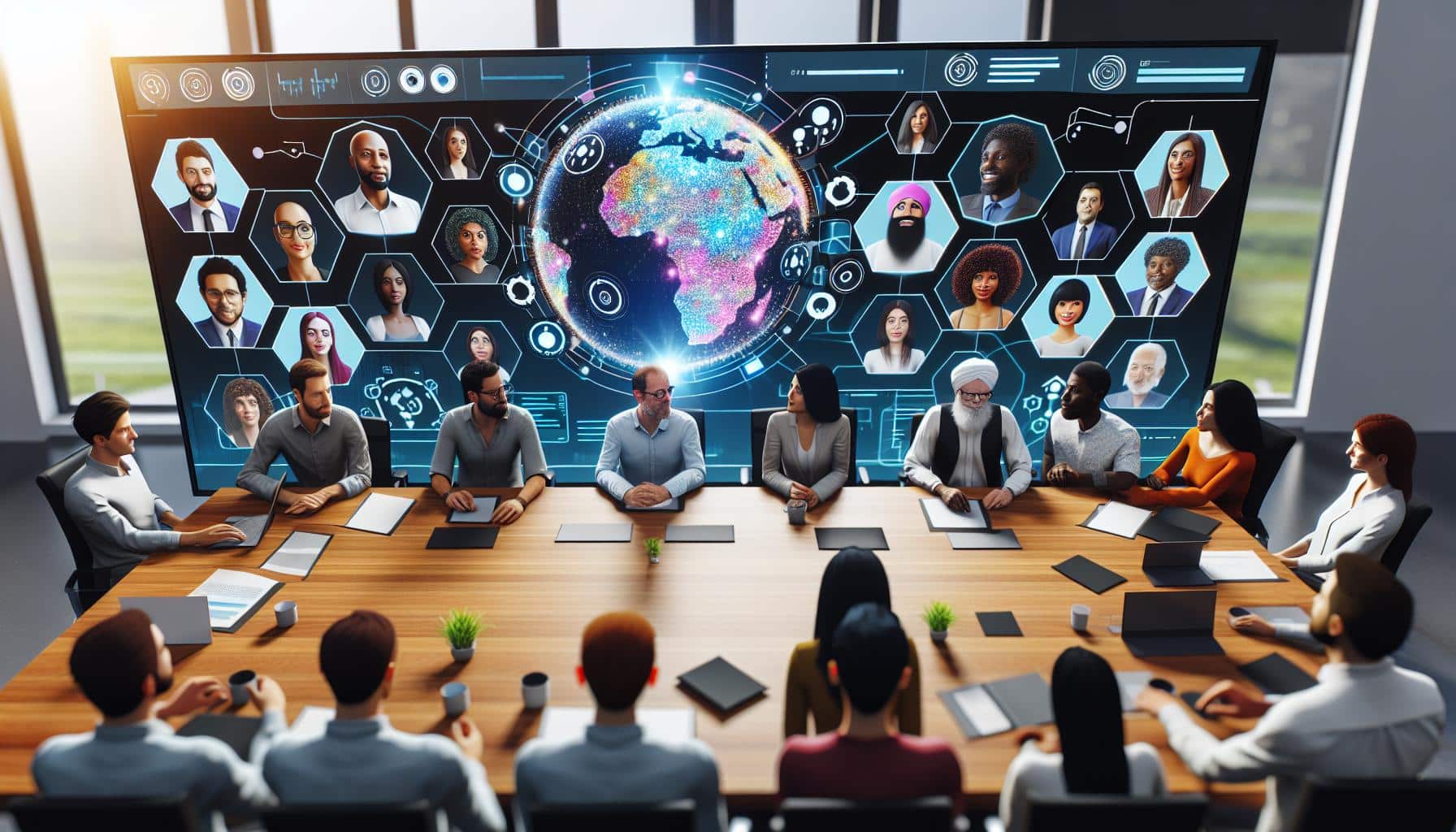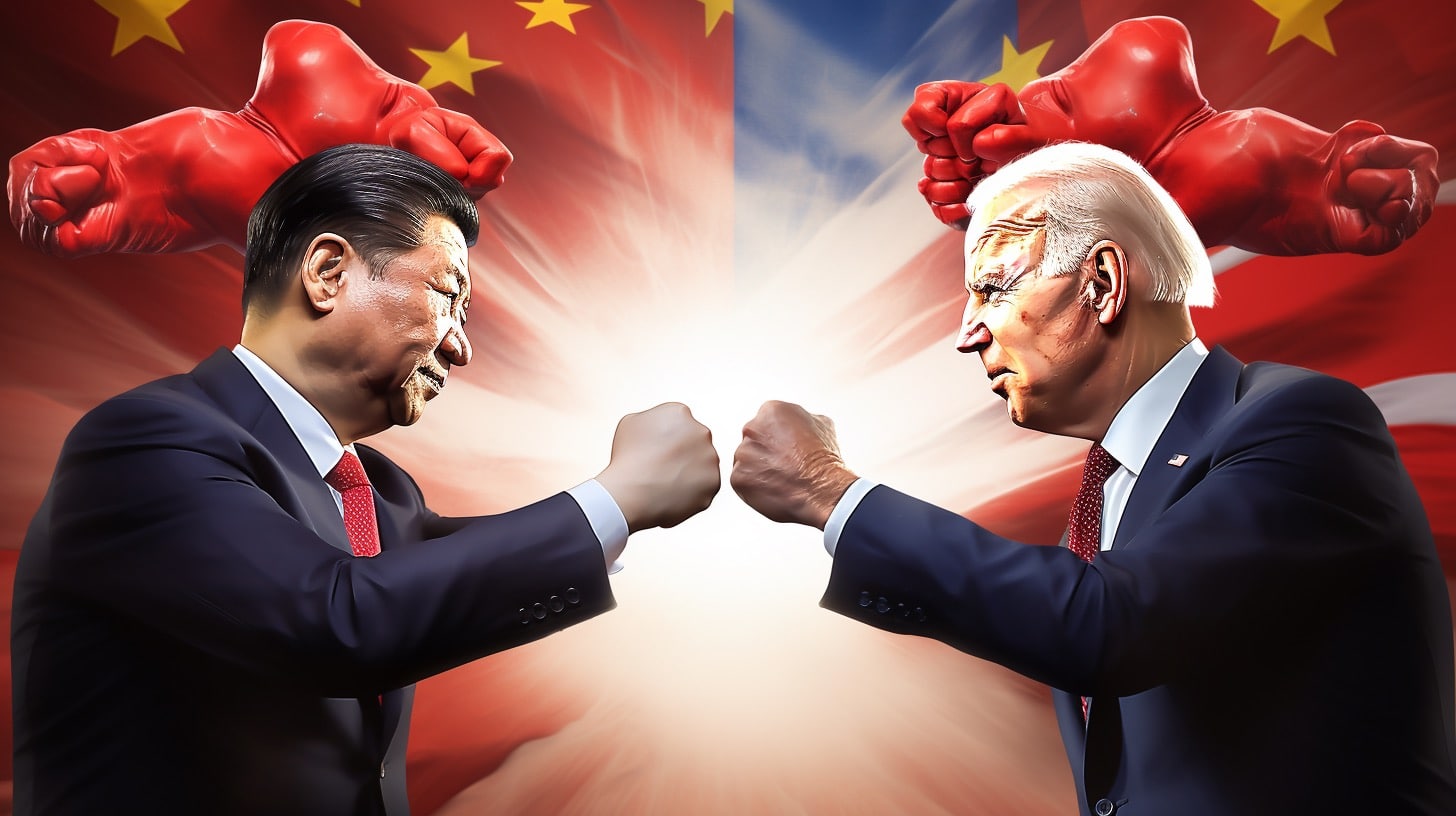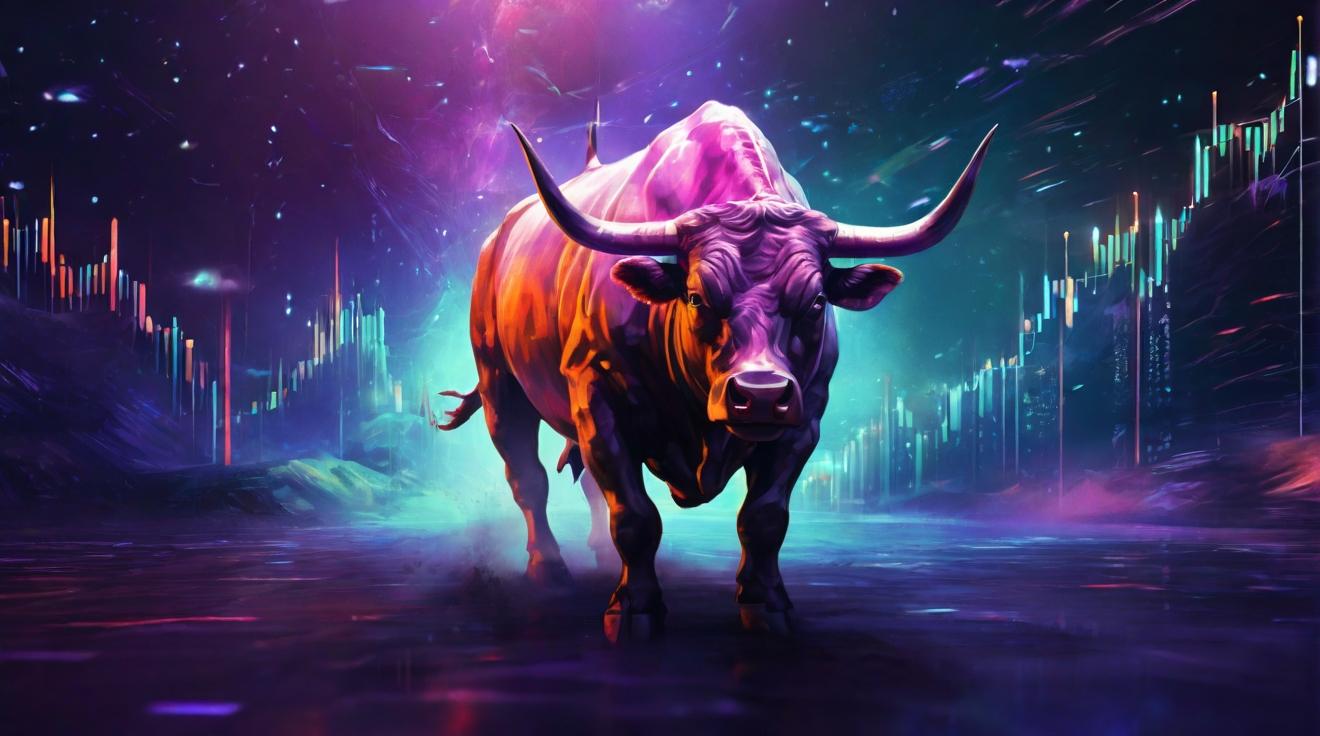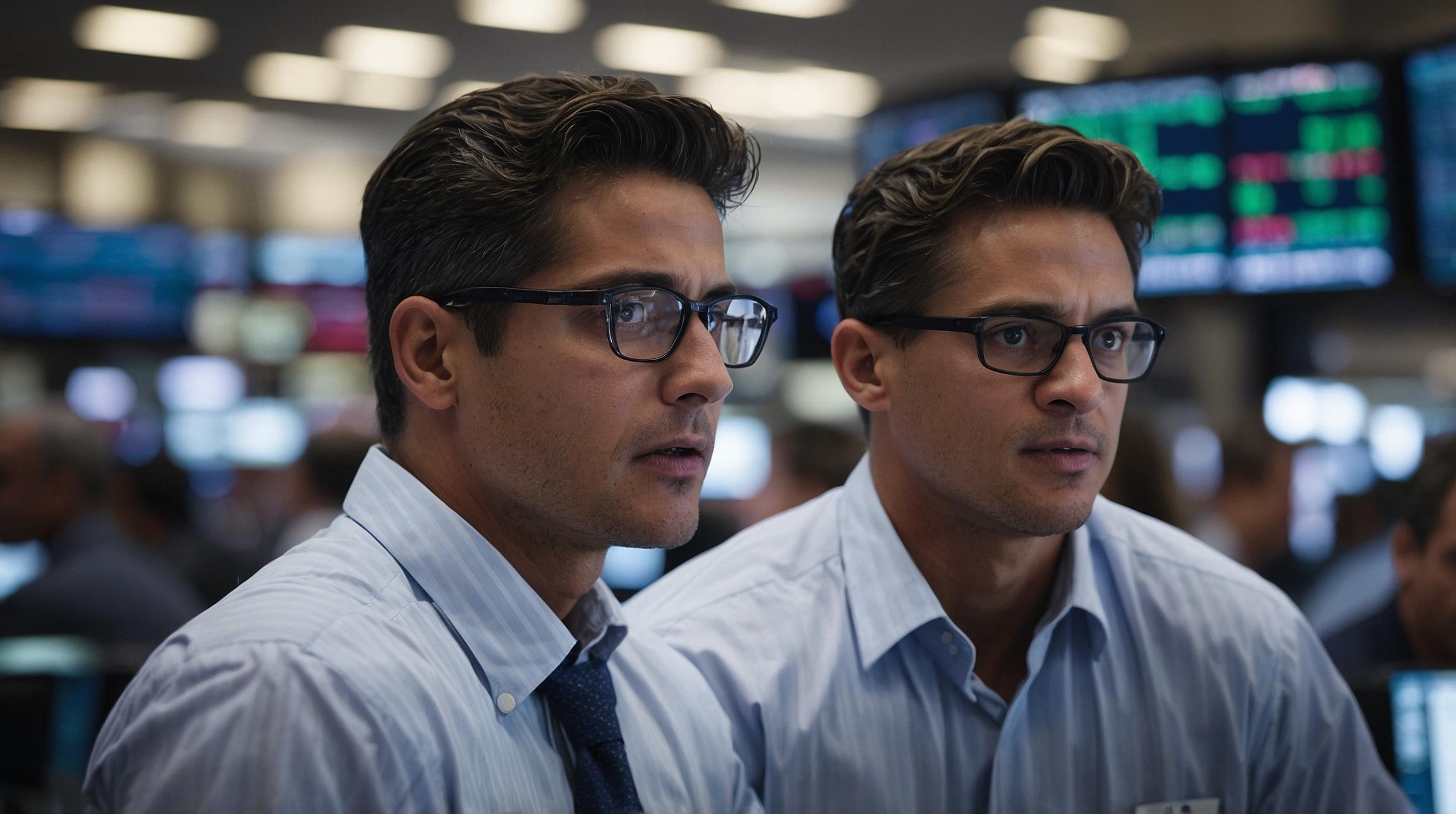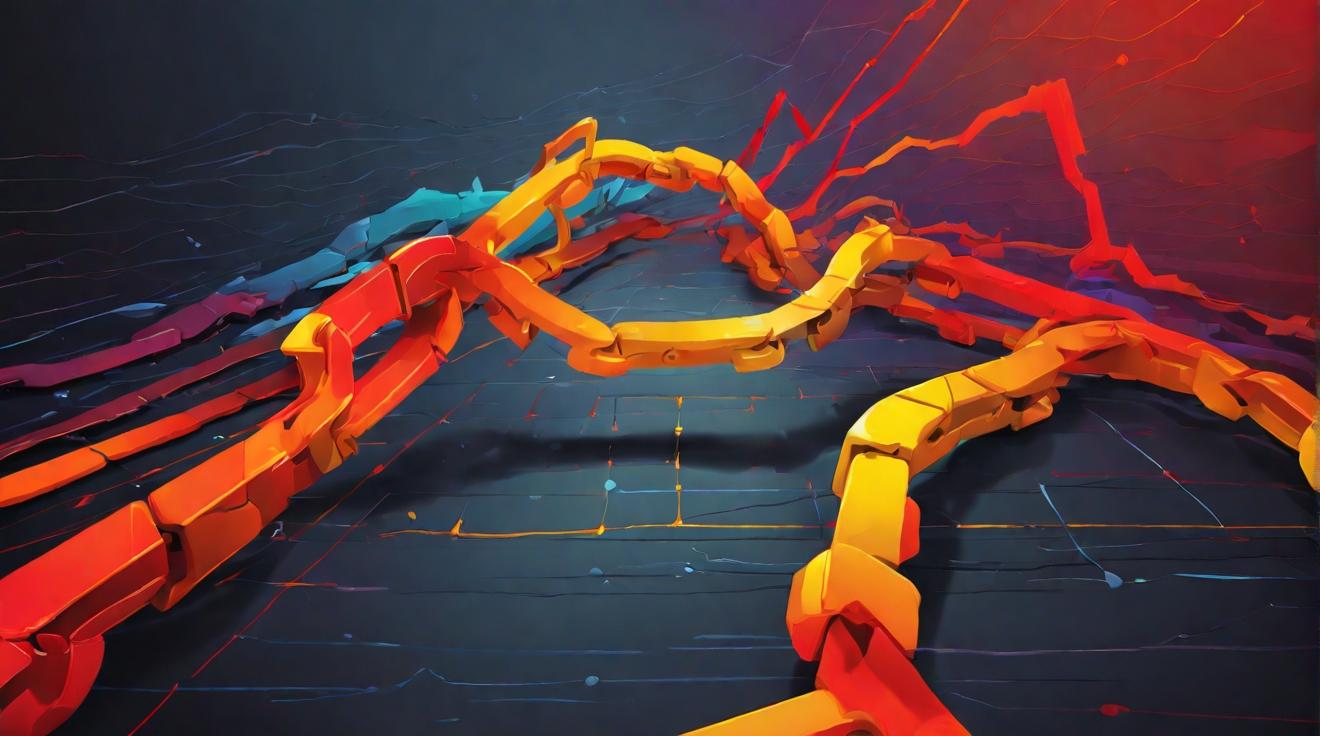Understanding the Rise of Decentralized Autonomous Organizations (DAOs)
Decentralized Autonomous Organizations, or DAOs, have emerged as a groundbreaking concept in the realm of governance and decision-making. A DAO is an organization that operates autonomously, using smart contracts and blockchain technology to govern itself, rather than relying on traditional hierarchical structures. DAOs have gained significant attention in recent years, as they offer a new way to organize and coordinate collective efforts without the need for centralized authorities.
The idea behind DAOs is rooted in the principles of decentralization and trustless collaboration. By removing intermediaries and replacing them with smart contracts, DAOs enable participants to engage in direct decision-making and resource allocation. This paradigm shift has the potential to revolutionize the way organizations operate, as it allows for more inclusive, transparent, and efficient decision-making processes.
The Mechanisms of DAO Governance: A Paradigm Shift in Decision-Making
DAO governance differs significantly from traditional models of decision-making. Instead of relying on a hierarchical structure, DAOs utilize a decentralized governance system, allowing participants to have a direct say in the organization’s operations. The decision-making process typically involves the submission of proposals, which are then voted upon by the DAO’s token holders. Once a proposal is approved, the smart contract automatically executes the desired action.
This approach to governance introduces a level playing field, as all participants have equal voting power proportional to their token holdings. DAOs also often employ reputation systems, where stakeholders’ voting weight is determined by their historical contributions to the organization. This incentivizes active participation and rewards those who contribute positively to the DAO’s objectives.
Examining the Benefits and Challenges of DAO Governance Models
DAO governance models offer several advantages over traditional organizational structures. Firstly, they promote inclusivity, as anyone can participate in decision-making regardless of their geographical location or socioeconomic background. This inclusivity fosters a diverse range of perspectives and expertise, leading to more comprehensive and well-informed decision-making processes.
Secondly, DAOs provide enhanced transparency and accountability. Since all transactions and decisions are recorded on the blockchain, they can be easily audited and verified by anyone. This feature reduces the potential for corruption and ensures that participants can hold the organization accountable for its actions.
However, DAO governance models also come with challenges. One major concern is the potential for governance paralysis due to disagreements among participants. Since decisions are made through voting, it can be challenging to achieve consensus on contentious matters. Additionally, the reliance on smart contracts and blockchain technology introduces the risk of vulnerabilities and exploits, which could compromise the integrity of the organization.
Evaluating the Role of Blockchain Technology in DAO Decision-Making
Blockchain technology plays a crucial role in enabling the functioning of DAOs. Smart contracts, which are self-executing contracts with the terms of the agreement directly written into code, ensure that transactions and decisions are automatically enforced without the need for intermediaries. This eliminates the need for trust in a centralized authority, as the execution of actions is solely determined by the code.
Moreover, the immutable and transparent nature of the blockchain ensures that all transactions and decisions are recorded and visible to the public. This transparency instills trust in the system and reduces the risk of fraudulent activities. Blockchain technology also provides the necessary infrastructure for tokenized voting, allowing stakeholders to exercise their voting rights through the use of digital tokens.
The Future of Governance: How DAOs May Shape Society and Business
The potential impact of DAOs on society and business is immense. As DAOs continue to evolve and gain popularity, we may witness a shift towards more decentralized and inclusive decision-making processes. This could lead to a more equitable distribution of power and resources, as decision-making authority is no longer concentrated in the hands of a few.
In the business world, DAOs have the potential to revolutionize corporate governance by enabling shareholders to have a direct say in decision-making and resource allocation. This could enhance shareholder engagement and align the interests of all stakeholders, ultimately leading to more sustainable and responsible business practices.
However, the full realization of DAOs’ potential depends on addressing the challenges they face, such as governance paralysis and security vulnerabilities. As the technology matures and best practices are established, DAOs have the potential to reshape the way organizations are governed, paving the way for a more democratic and decentralized future.





